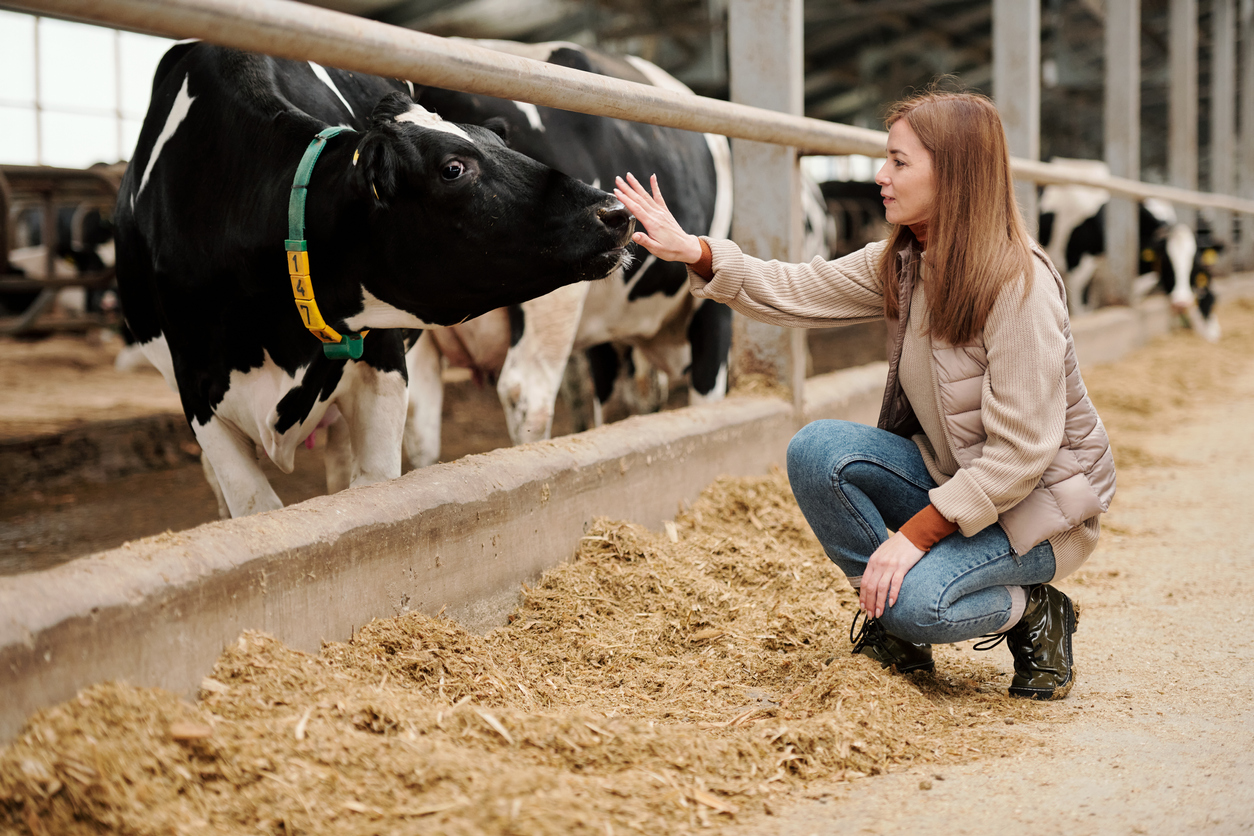Emotional Issues are Make or Break in Farm Transition
There are certain issues within the transition planning process that some families may find difficult. These issues may ultimately slow or stop the transition planning process altogether. Often referred to as soft issues, they involve personal feelings and emotions. They can be more difficult to deal with than tangible issues such as taxation. Discussing these challenges gets family members thinking about different parts of the planning process and helps to get everyone on the same page.
For each of the following challenges, families need to decide whether they are applicable and if so, keep track of whether they were discussed and resolved and whether follow-up is required and by whom and when.
Challenges
- Lack of awareness: It’s common in transition planning to find a lack of awareness of the process involved in developing and implementing a transition plan. The lack of awareness includes the component parts of the process and challenges typically encountered within the process.
- Getting started: Transition planning is something that is often discussed and too often deferred. Not knowing where to start or what to do first is one of the most common obstacles farm families encounter. The simplest way to get started is to call a meeting.
- Planning drift (procrastination): Continuing to advance the transition plan is easy to leave on the to-do list. Often families encounter conflict, feel overwhelmed by the enormity of the project or are uncertain how to proceed.
- Avoidance/denial: Farm transition can be an emotional and difficult process. Some people would rather avoid the topic altogether while others choose to deny their inevitable retirement and mortality.
- Not wanting or willing to commit: This challenge is different from avoidance/denial in that families accept the need for transition planning but are unwilling to commit to the process.
- Accountability: The lack of accountability can be real or perceived. Many plans are derailed because no one feels responsible or accountable to keep the process moving forward.
- Selfishness vs. selflessness: It is common to find situations where parents will make personal sacrifices to minimize the risks their farming children might have to endure. Parents should make sure their needs are considered before the needs of others.
- Estate plan gaps: An estate plan differs from a transition plan. An estate plan examines tax strategies, contingencies (power of attorney for example), wills, insurance and personal savings.
- Goals and values: It is natural and common for there to be differences between the goals and values of the retiring and succeeding generation simply due to their respective stages in life.
- Fears: Many fears come to light during the transition planning process. Individual fears around control (where the retiring generation will have to give up managerial control), wealth (where equity, built up over a long and successful farming career, can be eroded) and conflict must be dealt with to effectively plan transition.
- Fair versus equal: Equal is not always fair and fair is not always equal. This principle applies to estate elements and related distribution.
- Active and non-active children: The challenge of active and non-active children is not about how they will be treated in the final transition plan but how they will be involved in the actual planning process.
- Entitlement: Feelings of entitlement are common in transition planning. Children who have been working on the farm will often feel entitled to a greater share of the farm. Siblings who have not been working on the farm feel entitled to their share.
- Successor training and skill set development: Transferring the management from one generation to the next is an important aspect of transition planning. Make sure that the succeeding generation has the necessary skill sets required to take on the managerial responsibilities.
- Compensation: Farm owners, managers and labourers are often the same people. There is a long list of compensation for these roles. Finding a balance between these forms of compensation can add challenges to the transition plan.
- Communication: Families must communicate, both internally and externally, for the transition planning process to flow smoothly.
- Management: Management is one of the most important aspects of transition planning. Management-related concerns should be discussed and agreed.
- Tax planning: Tax implications related to transition planning are complex and should always involve the advice of a professional.
- Risk: Risk is a reality in agriculture and can take many forms. Individual family members will have different personal tolerances for risk. Usually, as people age, their tolerance for risk decreases. On the other hand, younger people have a greater tolerance for risk.
- Process facilitation: Some challenges may be better addressed or managed through a facilitated planning process.
If you would like to speak to one of our consultants about this topic contact us.



